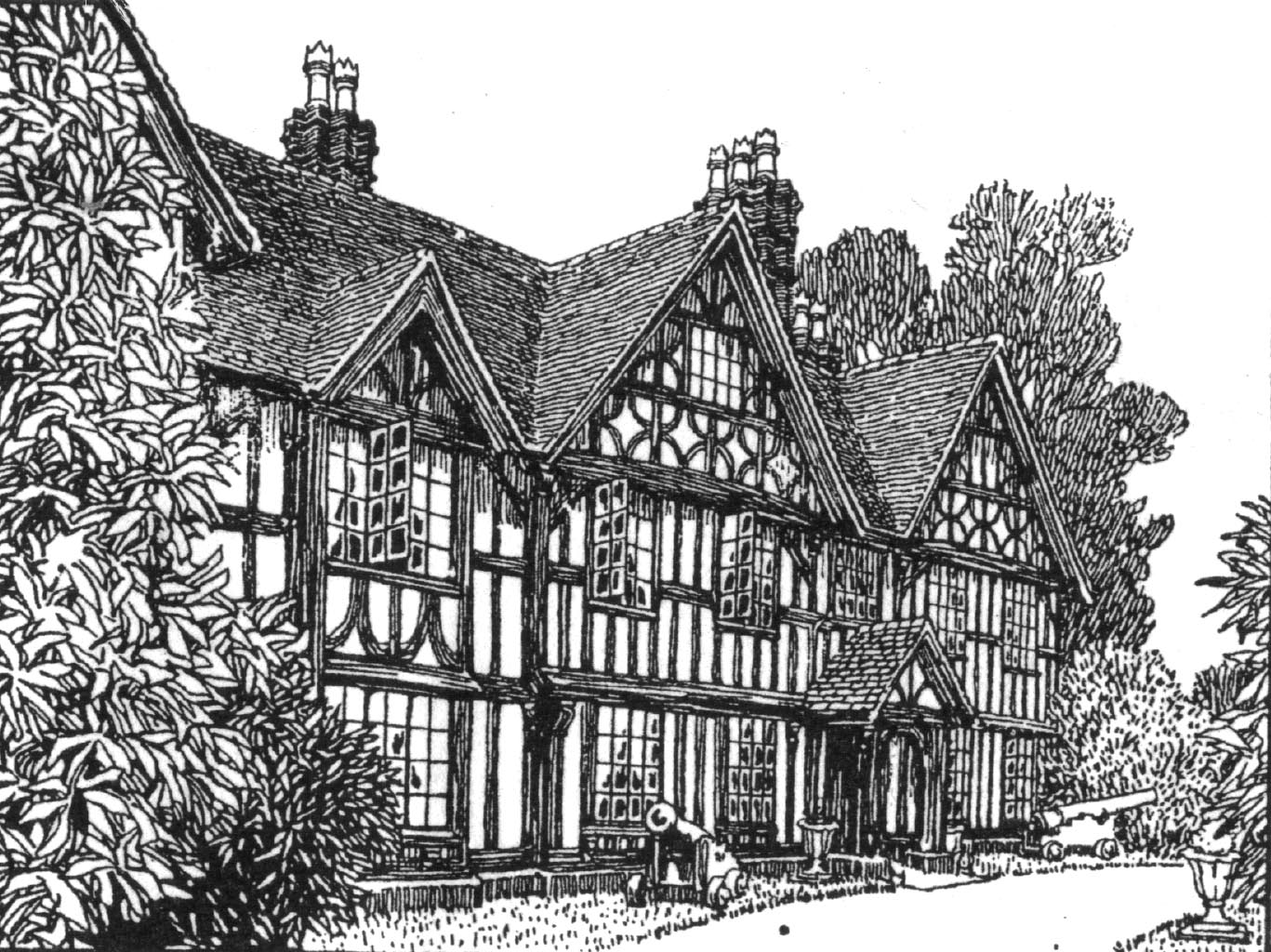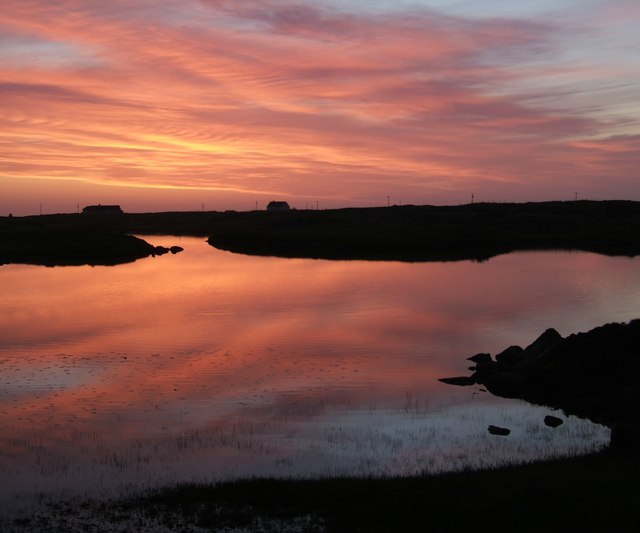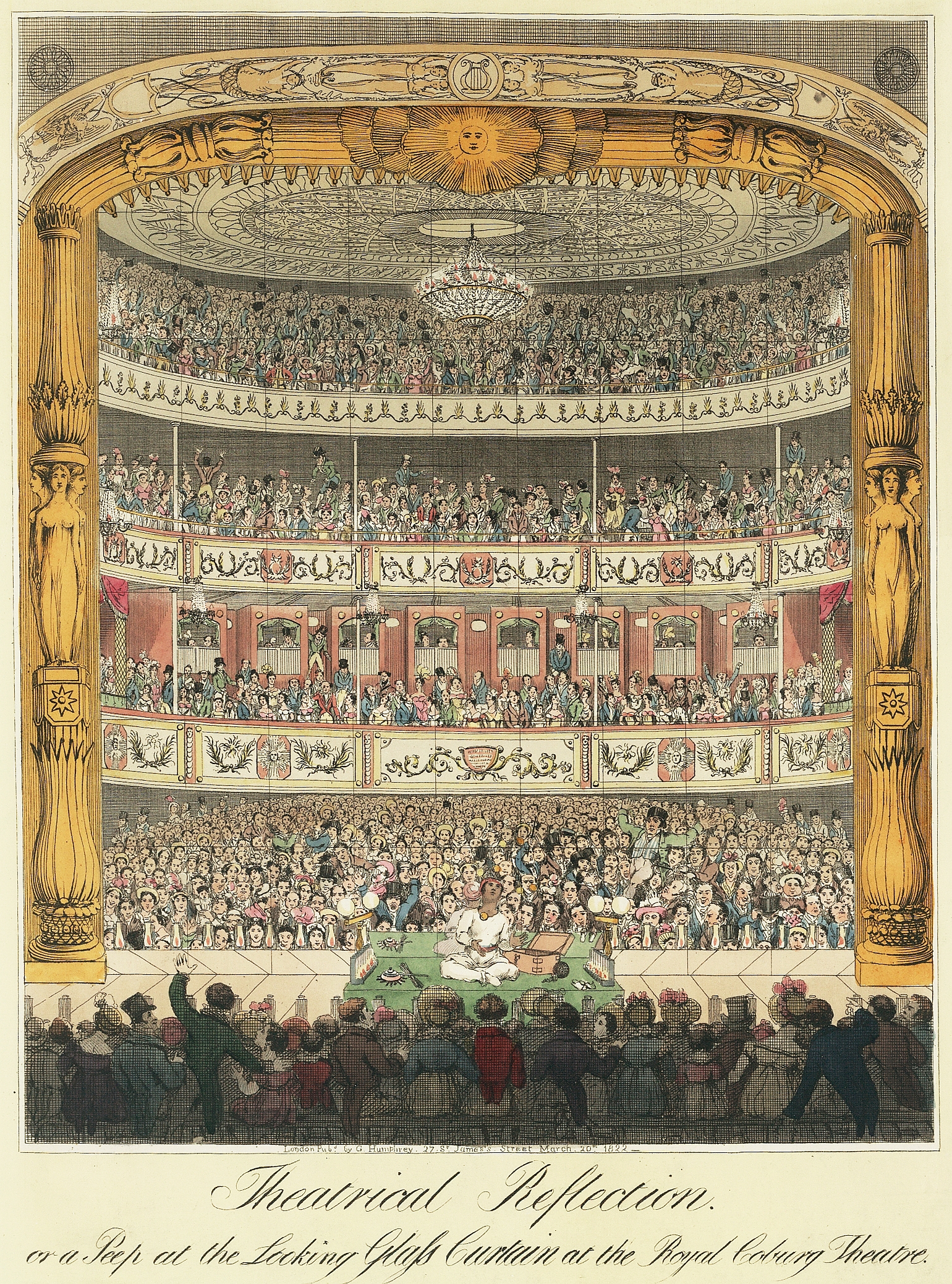|
Margaret Leighton
Margaret Leighton, CBE (26 February 1922 – 13 January 1976) was an English actress, active on stage and television, and in film. Her film appearances included (her first credited debut feature) in Anatole de Grunwald's ''The Winslow Boy'' (1948). For ''The Go-Between'' (1971), she won the BAFTA Award for Best Actress in a Supporting Role and was nominated for the Academy Award for Best Supporting Actress. Leighton began her career on stage in 1938, before joining the Old Vic and making her Broadway debut in 1946. A four-time Tony Award nominee, she twice won the Tony Award for Best Actress in a Play: for the original Broadway productions of '' Separate Tables'' (1957) and ''The Night of the Iguana'' (1962). She also won an Emmy Award for a 1970 television version of ''Hamlet''. Life and career Born in Barnt Green, Worcestershire, Leighton made her stage debut as Dorothy in ''Laugh with Me'' (1938), which also was performed that year for BBC Television. She became a star ... [...More Info...] [...Related Items...] OR: [Wikipedia] [Google] [Baidu] |
Barnt Green
Barnt Green is a village and civil parish in the Bromsgrove District of Worcestershire, England, situated south of Birmingham city centre, with a population at the 2011 census of 1,794. History Originating from the development of the railway, Barnt Green has always been a commuter settlement. When the Birmingham and Gloucester Railway was completed in 1840 the only buildings already in existence on an 1880 map were Barnt Green House, probably the oldest recorded bearer of the name Barnt Green, the buildings which made up the railway station, and Sandhills Farm which dates from the 15th century. The early establishment of Barnt Green as a village began with the construction of ''The Victoria'' a public house that was originally built as a temperance house at the start of the 20th century. A later map from 1905 already shows several buildings, including the ''Victoria'' and many of the terraced houses which skirt today's shops. Development The majority of the village is a p ... [...More Info...] [...Related Items...] OR: [Wikipedia] [Google] [Baidu] |
The Night Of The Iguana
''The Night of the Iguana'' is a stage play written by American author Tennessee Williams. It is based on his 1948 short story. In 1959, Williams staged it as a one-act play, and over the next two years he developed it into a full-length play, producing two different versions in 1959 and 1960, and then arriving at the three-act version that premiered on Broadway in 1961. Two film adaptations have been made: The Oscar-winning 1964 film directed by John Huston and starring Richard Burton, Ava Gardner, and Deborah Kerr, and a 2000 Croatian production. Description The Reverend T. Lawrence Shannon characterizes the Western image of God as a "senile delinquent" during a sermon and is locked out of his church. Shannon is not defrocked, but he is institutionalized for a " nervous breakdown". In 1940s Mexico, some time after his release, the Rev. Shannon is working as a tour guide for a second-rate travel agency. Shortly before the opening of the play, Shannon is accused of committin ... [...More Info...] [...Related Items...] OR: [Wikipedia] [Google] [Baidu] |
Under Capricorn
''Under Capricorn'' is a 1949 British historical thriller film directed by Alfred Hitchcock about a couple in Australia who started out as lady and stable boy in Ireland, and who are now bound together by a horrible secret. The film is based on the play by John Colton and Margaret Linden, which in turn is based on the novel '' Under Capricorn'' (1937) by Helen Simpson. The screenplay was written by James Bridie from an adaptation by Hume Cronyn. This was Hitchcock's second film in Technicolor, and like his preceding color film ''Rope'' (1948), it features 9- and 10-minute long takes. The film is set in colonial Sydney, New South Wales, Australia during the early 19th century. ''Under Capricorn'' is one of several Hitchcock films that are not typical thrillers: instead it is a mystery involving a love triangle. Although the film is not exactly a murder mystery, it does feature a previous killing, a "wrong man" scenario, a sinister housekeeper, class conflict, and very high lev ... [...More Info...] [...Related Items...] OR: [Wikipedia] [Google] [Baidu] |
Alfred Hitchcock
Sir Alfred Joseph Hitchcock (13 August 1899 – 29 April 1980) was an English filmmaker. He is widely regarded as one of the most influential figures in the history of cinema. In a career spanning six decades, he directed over 50 feature films, many of which are still widely watched and studied today. Known as the "Master of Suspense", he became as well known as any of his actors thanks to his many interviews, his cameo roles in most of his films, and his hosting and producing the television anthology ''Alfred Hitchcock Presents'' (1955–65). His films garnered 46 Academy Award nominations, including six wins, although he never won the award for Best Director despite five nominations. Hitchcock initially trained as a technical clerk and copy writer before entering the film industry in 1919 as a title card designer. His directorial debut was the British-German silent film '' The Pleasure Garden'' (1925). His first successful film, '' The Lodger: A Story of the London Fo ... [...More Info...] [...Related Items...] OR: [Wikipedia] [Google] [Baidu] |
Bonnie Prince Charlie (1948 Film)
''Bonnie Prince Charlie'' is a 1948 British historical film directed by Anthony Kimmins for London Films depicting the 1745 Jacobite Rebellion and the role of Bonnie Prince Charlie within it. Filmed in Technicolor, it stars David Niven, Jack Hawkins, and Margaret Leighton. Plot In 1745, Flora MacDonald plays a Jacobite song on the piano and is scolded by her stepfather for its seditious nature. In Italy, James, the Old Pretender, wants to make another attempt at regaining the throne of Great Britain (Scotland and England) and Ireland for the House of Stuart from the Hanoverian King George II, but, thinking that he is now too old, he has decided to send his son, Charles Edward, the Young Pretender. Charles arrives in Scotland by ship and meets Donald, a Scottish shepherd, whom he asks to send a message to the Scottish nobles, asking them to meet him at his ship. Meanwhile, King George II is warned about the impending invasion but is not worried. Charles tries to persuade th ... [...More Info...] [...Related Items...] OR: [Wikipedia] [Google] [Baidu] |
David Niven
James David Graham Niven (; 1 March 1910 – 29 July 1983) was a British actor, soldier, memoirist, and novelist. He won the Academy Award for Best Actor for his performance as Major Pollock in '' Separate Tables'' (1958). Niven's other roles included Squadron Leader Peter Carter in '' A Matter of Life and Death'' (1946), Phileas Fogg in '' Around the World in 80 Days'' (1956), Sir Charles Lytton ("the Phantom") in '' The Pink Panther'' (1963), and James Bond in '' Casino Royale'' (1967). Born in London, Niven attended Heatherdown Preparatory School and Stowe School before gaining a place at the Royal Military College, Sandhurst. After Sandhurst, he joined the British Army and was commissioned as a second lieutenant in the Highland Light Infantry. Upon developing an interest in acting, he found a role as an extra in the British film ''There Goes the Bride'' (1932). Bored with the peacetime army, he resigned his commission in 1933, relocated to New York, then travelled to Hol ... [...More Info...] [...Related Items...] OR: [Wikipedia] [Google] [Baidu] |
Flora MacDonald
Flora MacDonald ( Gaelic: ''Fionnghal nic Dhòmhnaill'', 1722 - 5 March 1790) was a member of Clan Macdonald of Sleat, best known for helping Charles Edward Stuart evade government troops after the Battle of Culloden in April 1746. Her family generally backed the government during the 1745 Rising and MacDonald later claimed to have assisted Charles out of sympathy for his situation. Arrested and held in the Tower of London, she was released under a general amnesty in June 1747. She later married Allan MacDonald and the couple emigrated to North Carolina in 1773. Their support for the British government during the American War of Independence meant the loss of their American estates and they returned to Scotland, where she died in 1790. Early life Flora MacDonald was born in 1722 at Milton on the island of South Uist in the Outer Hebrides, third and last child of Ranald MacDonald (d. 1723) and his second wife, Marion. Her father was a member of the minor gentry of Cl ... [...More Info...] [...Related Items...] OR: [Wikipedia] [Google] [Baidu] |
Ralph Richardson
Sir Ralph David Richardson (19 December 1902 – 10 October 1983) was an English actor who, with John Gielgud and Laurence Olivier, was one of the trinity of male actors who dominated the British stage for much of the 20th century. He worked in films throughout most of his career, and played more than sixty cinema roles. From an artistic but not theatrical background, Richardson had no thought of a stage career until a production of ''Hamlet'' in Brighton inspired him to become an actor. He learned his craft in the 1920s with a touring company and later the Birmingham Repertory Theatre. In 1931 he joined the Old Vic, playing mostly Shakespearean roles. He led the company the following season, succeeding Gielgud, who had taught him much about stage technique. After he left the company, a series of leading roles took him to stardom in the West End and on Broadway. In the 1940s, together with Olivier and John Burrell, Richardson was the co-director of the Old Vic compa ... [...More Info...] [...Related Items...] OR: [Wikipedia] [Google] [Baidu] |
Laurence Olivier
Laurence Kerr Olivier, Baron Olivier (; 22 May 1907 – 11 July 1989) was an English actor and director who, along with his contemporaries Ralph Richardson and John Gielgud, was one of a trio of male actors who dominated the British stage of the mid-20th century. He also worked in films throughout his career, playing more than fifty cinema roles. Late in his career, he had considerable success in television roles. His family had no theatrical connections, but Olivier's father, a clergyman, decided that his son should become an actor. After attending a drama school in London, Olivier learned his craft in a succession of acting jobs during the late 1920s. In 1930 he had his first important West End success in Noël Coward's '' Private Lives'', and he appeared in his first film. In 1935 he played in a celebrated production of ''Romeo and Juliet'' alongside Gielgud and Peggy Ashcroft, and by the end of the decade he was an established star. In the 1940s, together with Richa ... [...More Info...] [...Related Items...] OR: [Wikipedia] [Google] [Baidu] |
Henry IV, Part 1
''Henry IV, Part 1'' (often written as ''1 Henry IV'') is a history play by William Shakespeare, believed to have been written no later than 1597. The play dramatises part of the reign of King Henry IV of England, beginning with the battle at Homildon Hill late in 1402, and ending with King Henry's victory in the Battle of Shrewsbury in mid-1403. In parallel to the political conflict between King Henry and a rebellious faction of nobles, the play depicts the escapades of King Henry's son, Prince Hal (the future King Henry V), and his eventual return to court and favour. ''Henry IV, Part 1'' is the first of Shakespeare's two plays which deal with the reign of Henry IV (the other being '' Henry IV, Part 2''), and the second play in the Henriad, a modern designation for the tetralogy of plays that deal with the successive reigns of Richard II, Henry IV, and Henry V. From its first performance on, it has been an extremely popular work both with the public and critics. Characte ... [...More Info...] [...Related Items...] OR: [Wikipedia] [Google] [Baidu] |
Broadway Theatre
Broadway theatre,Although ''theater'' is generally the spelling for this common noun in the United States (see American and British English spelling differences), 130 of the 144 extant and extinct Broadway venues use (used) the spelling ''Theatre'' as the proper noun in their names (12 others used neither), with many performers and trade groups for live dramatic presentations also using the spelling ''theatre''. or Broadway, are the theatrical performances presented in the 41 professional theatres, each with 500 or more seats, located in the Theater District and the Lincoln Center along Broadway, in Midtown Manhattan, New York City. Broadway and London's West End together represent the highest commercial level of live theater in the English-speaking world. While the thoroughfare is eponymous with the district and its collection of 41 theaters, and it is also closely identified with Times Square, only three of the theaters are located on Broadway itself (namely the Broadwa ... [...More Info...] [...Related Items...] OR: [Wikipedia] [Google] [Baidu] |
The Old Vic
The Old Vic is a 1,000-seat, not-for-profit producing theatre in Waterloo, London, England. Established in 1818 as the Royal Coburg Theatre, and renamed in 1833 the Royal Victoria Theatre. In 1871 it was rebuilt and reopened as the Royal Victoria Palace. It was taken over by Emma Cons in 1880 and formally named the Royal Victoria Hall, although by that time it was already known as the "Old Vic". In 1898, a niece of Cons, Lilian Baylis, assumed management and began a series of Shakespeare productions in 1914. The building was damaged in 1940 during air raids and it became a Grade II* listed building in 1951 after it reopened. The Old Vic is the crucible of many of the performing arts companies and theatres in London today. It was the name of a repertory company that was based at the theatre and formed (along with the Chichester Festival Theatre) the core of the National Theatre of Great Britain on its formation in 1963, under Laurence Olivier. The National Theatre re ... [...More Info...] [...Related Items...] OR: [Wikipedia] [Google] [Baidu] |







